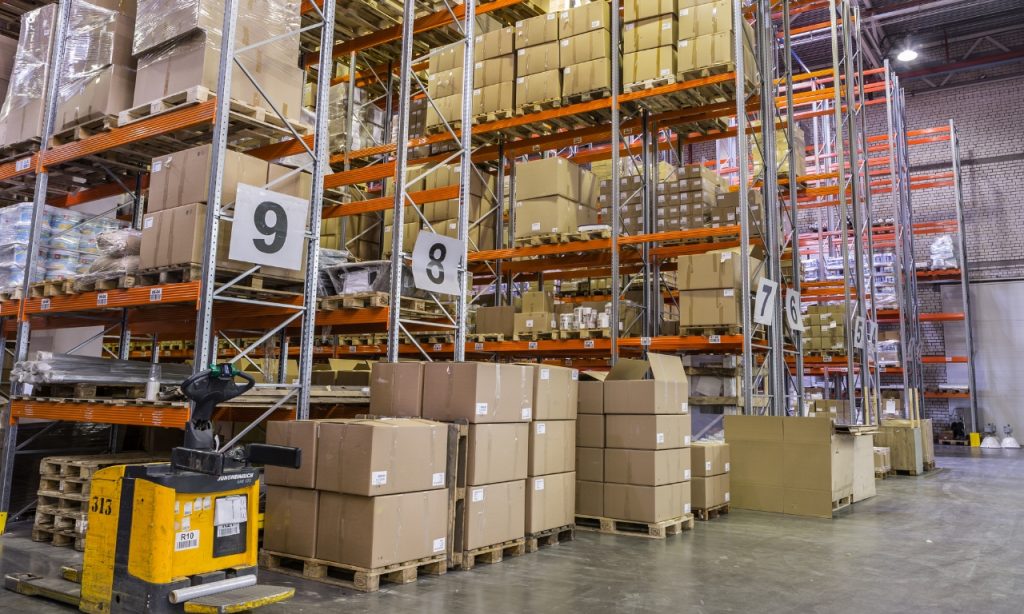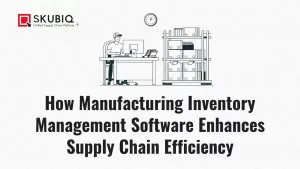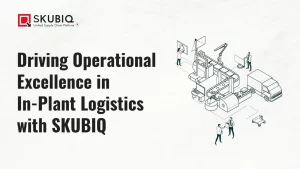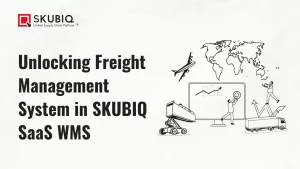Introduction
In the ever-evolving landscape of warehouse management, implementing the right technology can make all the difference. One such technology that has gained immense popularity is Software-as-a-Service (SaaS) Warehouse Management System (WMS). By adopting SaaS WMS, warehouses can revolutionize their operations, streamline processes, and boost overall efficiency. In this article, we will delve into the top 10 compelling advantages of implementing SaaS WMS, highlighting the transformative impact it can have on your warehouse.
1. Cost Efficiency
Implementing SaaS WMS eliminates the need for significant upfront investments in hardware and software. With a subscription-based model, warehouses can reduce capital expenditure, maintenance costs, and the need for dedicated IT resources, allowing them to allocate funds to other critical areas of their business.
2. Scalability:
Warehouses experiencing growth or seasonal fluctuations need a flexible solution that can scale effortlessly. SaaS WMS offers just that. It allows warehouses to expand or shrink their operations seamlessly without the constraints of additional infrastructure investments. This scalability ensures that your warehouse can adapt to changing demands with minimal disruptions.
3. Rapid Deployment
Gone are the days of lengthy and complex software installations. SaaS WMS can be quickly deployed, often within a fraction of the time required for traditional systems. Its user-friendly interfaces and standardized processes allow for a swift implementation process, enabling warehouses to start reaping the benefits in a shorter timeframe.
4. Accessibility and Mobility
With SaaS WMS, warehouse managers and staff gain real-time access to critical data from anywhere, at any time. This accessibility enables remote management and empowers mobile workers to perform tasks efficiently. Whether it’s overseeing inventory levels, tracking orders, or managing workflows, the ability to access information on the go enhances productivity and decision-making.
5. Automatic Updates
Keeping up with the latest technological advancements can be challenging for warehouses. SaaS WMS takes this burden off their shoulders. Vendors handle system updates and upgrades, ensuring that your warehouse always has access to the latest features, enhancements, and security patches. By staying up-to-date, warehouses can leverage new functionalities without the need for additional investments or disruptions.
6. Data Security and Backup
Protecting sensitive warehouse data is of utmost importance. SaaS WMS providers prioritize data security, employing robust measures such as data encryption, multi-factor authentication, and regular backups. Additionally, they have disaster recovery plans in place, safeguarding your warehouse’s information from potential threats and ensuring business continuity.
7. Integration Capabilities
A holistic view of warehouse operations is crucial for efficient management. SaaS WMS integrates seamlessly with other software systems, such as Enterprise Resource Planning (ERP) or Customer Relationship Management (CRM). This integration eliminates manual data entry, minimizes errors, and ensures consistent information flow across various departments, enhancing operational efficiency.
8. Real-time Visibility
One of the significant advantages of SaaS WMS is real-time visibility into warehouse activities. Managers can track inventory levels, monitor order statuses, and gain insights into overall warehouse operations as they happen. This real-time visibility enables quick decision-making, timely adjustments, and efficient order fulfillment, resulting in enhanced customer satisfaction.
9. Improved Efficiency and Productivity
SaaS WMS optimizes warehouse processes by automating workflows, providing accurate inventory tracking, and enabling effective task management. With features such as intelligent picking and packing algorithms, optimized routing, and streamlined shipping processes, warehouses can significantly improve efficiency and productivity. The automation of routine tasks frees up valuable time for staff to focus on more strategic activities.
10. Analytics and Reporting
Keeping up with the latest technological advancements can be challenging for warehouses. SaaS WMS takes this burden off their shoulders. Vendors handle system updates and upgrades, ensuring that your warehouse always has access to the latest features, enhancements, and security patches. By staying up-to-date, warehouses can leverage new functionalities without the need for additional investments or disruptions.
Conclusion
In conclusion, implementing SaaS WMS in your warehouse brings a multitude of compelling advantages. From cost efficiency and scalability to rapid deployment and accessibility, SaaS WMS empowers warehouses to streamline operations and adapt to changing demands with ease. The automatic updates and robust data security measures offered by SaaS WMS vendors ensure that your warehouse stays technologically up-to-date while protecting sensitive information.
Furthermore, the integration capabilities of SaaS WMS enable seamless data flow between different software systems, fostering a holistic view of warehouse operations and minimizing manual data entry. Real-time visibility into inventory, order statuses, and overall warehouse activities enables agile decision-making and efficient order fulfillment, ultimately leading to improved customer satisfaction.
The enhanced efficiency and productivity achieved through automation and optimized workflows allow warehouse staff to focus on strategic activities, driving operational excellence. Additionally, the analytics and reporting capabilities of SaaS WMS provide valuable insights, enabling continuous improvement and informed decision-making.
By embracing the advantages of SaaS WMS implementation, warehouses can revolutionize their operations, optimize resource utilization, and stay ahead of the competition. The transformative impact of SaaS WMS on warehouse management cannot be overstated, making it a crucial technology for warehouses aiming to enhance efficiency, reduce costs, and deliver exceptional customer experiences.



